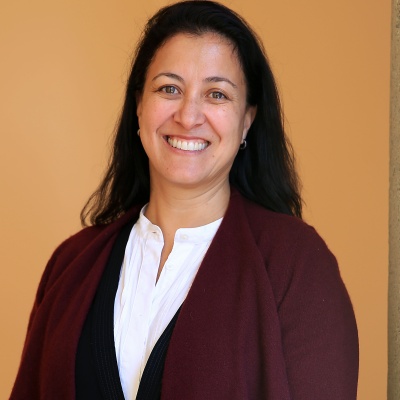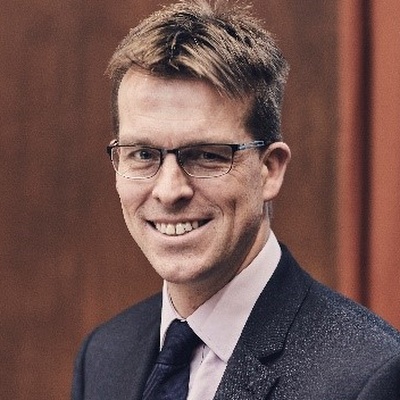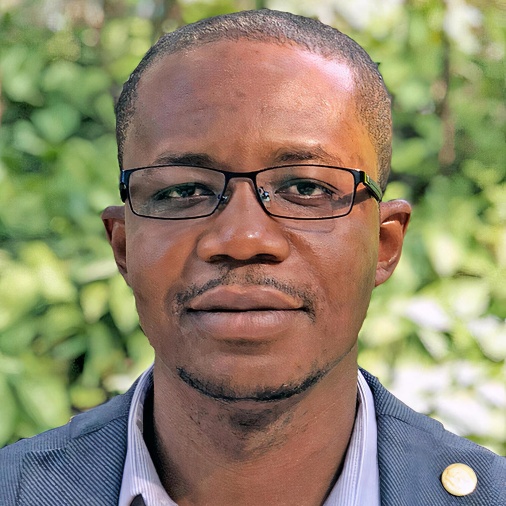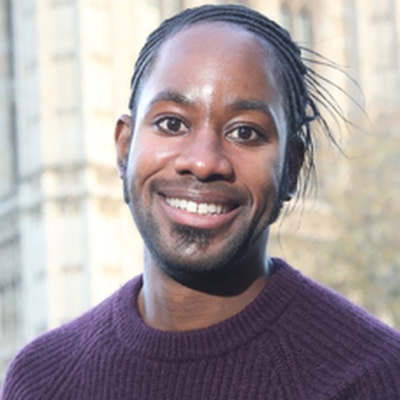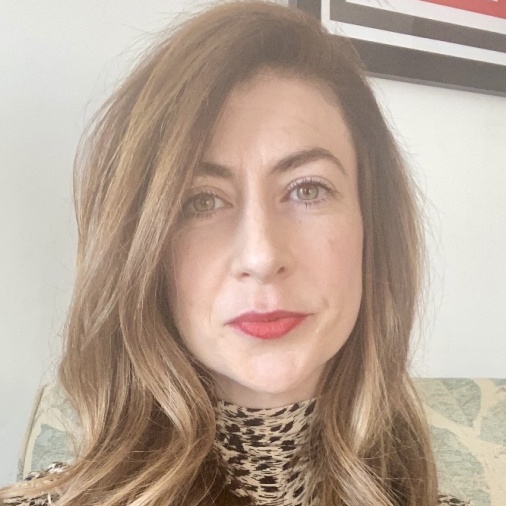CGHE Annual Conference 2021: Remaking higher education for a more equal world
- Simon Marginson, University of Oxford and University of Bristol
- Paul Ashwin, Lancaster University
- Rachel Brooks, University of Surrey
- Claire Callender, University College London
- Vincent Carpentier, University College London
- Maia Chankseliani, University of Oxford
- Ariane de Gayardon, University of Twente
- Gemma Derrick, The University of Bristol
- Jürgen Enders, University of Bath
- Ellen Hazelkorn, BH Associates and TU Dublin
- Golo Henseke, IOE, UCL’s Faculty of Education and Society
- Aniko Horvath, VU Amsterdam
- Stephen Hunt, University of Oxford
- Janja Komljenovic, Lancaster University
- Diana Laurillard, IOE, UCL’s Faculty of Education and Society
- Tristan McCowan, University College London
- David Mills, University of Oxford
- Ka Ho Mok, Hang Seng University (Hong Kong)
- Alis Oancea, University of Oxford
- Lee Rensimer, University College London
- James Robson, University of Oxford
- Natasha Robinson, University of Oxford
- Michael Shattock, University of Oxford
- Natia Sopromadze, University of Oxford
- Xin Xu, University of Oxford
- Lili Yang, University of Hong Kong
- Roberta Malee Bassett, World Bank
- Chris Millward, Office for Students
- Professor Padmore Adusei Amoah, Lingnan University
- Dr Jason Arday, Durham University
- Dr Gemma Lewis, University College London
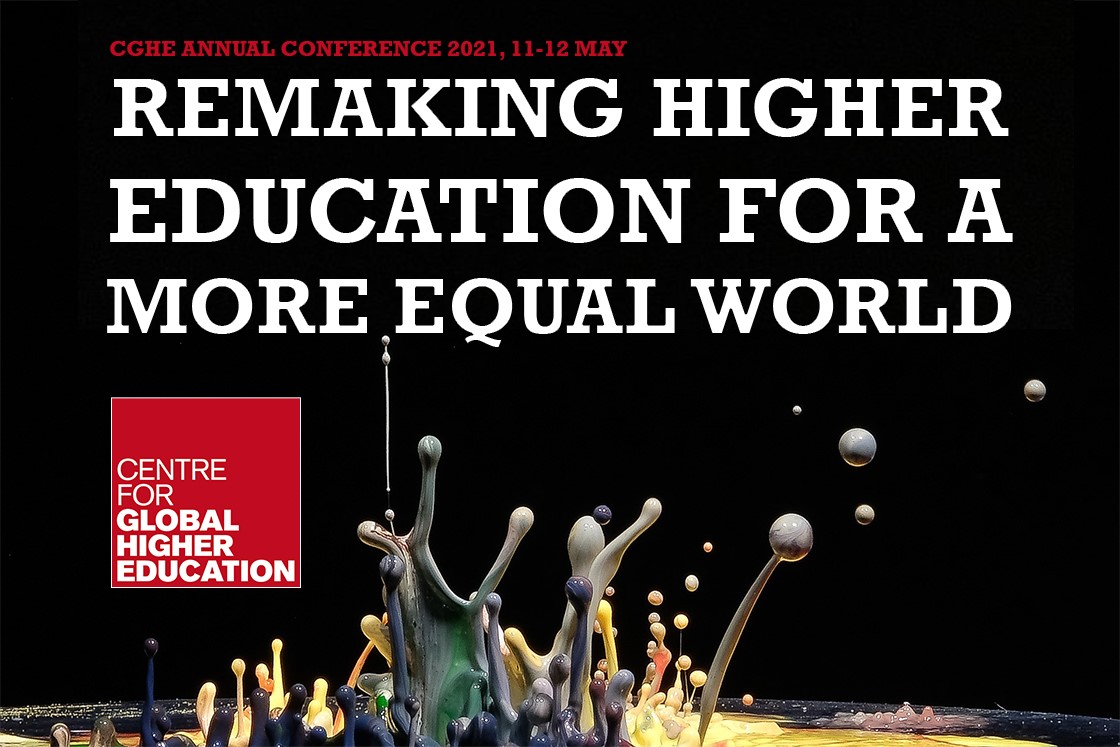
The CGHE annual conference returns for its sixth edition in 2021, taking place online as a virtual conference.
The conference sessions will take place over two half-days, starting on the afternoon of Tuesday 11 May 2021 from 12pm until 6pm, then on Wednesday 12 May 2021 from 9am to 1.50pm. The conference will open on the morning of Tuesday 11 May to allow for networking opportunities ahead of the formal sessions starting.
Read the CGHE project-related publications.
Day One Agenda: Tuesday 11 May 2021
Opening remarks
WATCH THIS SESSION
12.00pm (UK time)
Simon Marginson, CGHE Director & University of Oxford
Remaking higher education
12.15pm-1.10pm
Chair: Simon Marginson, CGHE Director & University of Oxford
Speakers: Paul Ashwin, Lancaster University
David Mills, University of Oxford
Rachel Brooks, University of Surrey
Maia Chankseliani, University of Oxford
Golo Henseke, UCL Institute of Education
Janja Komljenovic, Lancaster University
Diana Laurillard, UCL Institute of Education
Tristan McCowan, UCL Institute of Education
James Robson, University of Oxford
Tertiary and higher education now engages 40 per cent of the school leaver age group on a worldwide basis. But the sector faces many challenges in societies becoming more unequal, not only because of the pandemic but because of an unjust and racialised political economy. How can we remake higher education for the post-pandemic future? Join our CGHE speakers for this session, when each has four minutes to propose her/his best idea for transforming the sector and its contribution to students, to more equal societies and to a better world. Give us your own best ideas in the Q&A and in the session Chat!
KEYNOTE – 2021 Burton R. Clark Lecture
Tertiary education systems and diversification: Adapting the wisdom of Burton Clark in promoting effective and inclusive reforms around the world
WATCH THIS SESSION
VIEW THE PRESENTATION SLIDES
1.20pm-2.25pm
Chair: Ellen Hazelkorn, Technological University Dublin
Speaker: Roberta Malee Bassett, Global Lead for Tertiary Education and Senior Education Specialist at the World Bank
“With each passing decade a modern or modernizing system of higher education is expected and inspired to do more for other portions of society, organized and unorganized, from strengthening the economy and invigorating government, to developing individual talents and personalities and aiding the pursuit of happiness. We also ask that this sector of society do more in its own behalf in fulfilling such grand and expanding missions as conserving the cultural heritage and producing knowledge. This steady accretion of realistic expectations cannot be stopped, let alone reversed.” (B. Clark, 1987).
This talk will focus on tertiary education systems, the holistic whole that encompasses all formal post-secondary education, and it is in large measure because of Burton Clark and his peers that we have the foundations upon which to build tertiary education systems that can serve the evolving and fickle expectations of society. Rarely does global research (or even global conferences) on higher education focus on whole tertiary systems and the breadth of institutions and stakeholders and missions that are captured in a well-developed system. Research universities generally dominate the discourse on higher education: world-class universities, ranked universities, prestigious universities. But, globally, research-intensive universities are the exception and not the norm in their educational ecosystems. Most universities outside the wealthiest countries do not conduct extensive research and are not staffed by research-focused academics, and most students globally attend teaching-focused institutions. The well-developed tertiary education system is a symbiotic and organic network of diverse institutions, with complementary but distinct missions, populations, and expected outcomes. This lecture will focus on the importance and benefits of expanding the discourse on global higher education to focus more attention and intention on supporting diversified and well-articulated systems of higher education to promote improved access, equity, outcomes, and resilience.
As a policy advisor, I come at this discourse from a macro-perspective – outside of institutions and governments – and that perspective will frame my lecture, which is centered on the theme of this conference – Remaking higher education for a more equal world. It will consist of four parts, all of which, in varying degrees, utilize the wisdom of Burton Clark as conceptual frameworks. In the first, I will contextualize the impact of higher education on the individual by briefly describing my own experience, in which higher education has been the most transformative and consistently present element of my life to date. Part 2 will move the discussion from the individual to tertiary education systems and feature elements of the upcoming World Bank position paper on tertiary education, which seeks to offer policy practitioners a framework for steering their tertiary education sectors through a time of uncertainty. Part 3 will illustrate the application of the World Bank’s framework to global higher education today, as a result of COVID-19 and the changes brought by rapid adaptation to nearly catastrophic disruption and in spite of these COVID-19 impacts; and Part 4 will close with ideas on the signal – what we need to know and understand to impact what higher education is and should be – and the noise – all the rhetoric and historical baggage and political posturing, etc. – regarding what’s coming for global higher education.
KEYNOTE – Fair access to English universities in the 21st century: a story in five parts
WATCH THIS SESSION
VIEW THE PRESENTATION SLIDES
2.30pm-3.20pm
Chair: Alis Oancea, University of Oxford
Speaker: Chris Millward, Director for Fair Access and Participation, Office for Students
During the 21st century to date, governments in England have positioned access to higher education centrally within meritocratic policies aiming to improve equality of opportunity. This has been pursued by: increasing the number of university places and sharing the cost of this with students once they have graduated; providing funding to universities to conduct outreach with schools, create pathways through further education colleges and support students on course; and requiring universities to provide financial support to the poorest students and set targets for improving access through regulated plans.
This session will consider how these interventions have influenced patterns of access to higher education in England and it will anticipate further changes to policy during the coming years. In doing so, it will tell a story in five parts, covering: the period until 2006 when widening participation was funded by government grant; the introduction of up to £3k fees and the establishment of an access regulator from 2006; the increase of tuition fees to £9k from 2012 and the aim to position students at the heart of the system; the establishment of the Office for Students as the regulator of higher education, including access and participation, from 2018; and the prospects for the period until 2025 as higher education in England recovers from the coronavirus pandemic.
Can we remake higher education to address socio-economic, ethnic and gender inequality?
WATCH THIS SESSION
3.25pm-4.15pm
Chair: Jürgen Enders, University of Bath
Speakers: Ellen Hazelkorn, Technological University Dublin
Aniko Horvath, University of Oxford
Stephen Hunt, University of Oxford
Diana Laurillard, UCL Institute of Education
Michael Shattock, University of Oxford
Higher education is undergoing continuous transformation but is this fostering greater social equality or the reverse? This panel session will use recent CGHE research to interrogate key trends in the sector – the modernisation of forms of governance in five countries in Europe, which could be the starting point for greater equality (but is it?); the expansion of access through the subsidised private colleges in England, where drop out and low employability suggest that the old inequalities of access are being relocated inside the sector; and the role of online delivery and learning in fostering large scale professional development, where the equality story might be more positive.
Re-envisioning Research on Research for Higher Education
WATCH THIS SESSION
VIEW THE PRESENTATION SLIDES
4.20pm-5.00pm
Chair: Janja Komljenovic, Lancaster University
Speakers: Alis Oancea, University of Oxford
Gemma Derrick, Lancaster University
James Robson, University of Oxford
Xin Xu, University of Oxford
We will introduce the new CGHE Project on “The research function and mission of higher education” (2020-2023), and also locate it within the wider research on research conducted by our team. We invite the audience to contribute ideas, questions and experiences to the first phase of the project; to reflect on our wider initiatives; to learn about doctoral researchers we work with; and to connect with our work over the next two years. The project draws together multi-disciplinary scholarship and a strong comparative dimension, internationally and institutionally, in order to study the importance of the research function in understanding the dynamics of higher education. It will explore research assessment systems, organisational practices that shape the weight and value given to academic research, and individual perspectives on the importance and recognition of research in higher education in six countries/regions, using a combination of methods including qualitative interviews, bibliometrics, network mapping and comparative policy analysis.
Too many graduates? – Perpetuating or challenging inequalities
WATCH THIS SESSION
5.10pm-6.00pm
Chair: James Robson, University of Oxford
Speakers: Paul Ashwin, Lancaster University
Claire Callender, UCL Institute of Education and Birkbeck
Ariane de Gayardon, University of Twente
Golo Henseke, UCL Institute of Education
In public debates, questions are increasingly being raised about whether we now have too many graduates. In this panel session, we will draw on data from three CGHE projects to discuss whether the increasing number of graduates serves to perpetuate or challenge social inequalities.
Read the CGHE project publications.
———————————————————————————————————————————————————————-
Day Two Agenda: Wednesday 12 May 2021
Supranational spaces and the remaking of Higher Education
WATCH THIS SESSION
9.00am-9.40am
Chair: Xin Xu, University of Oxford
Speakers: Maia Chankseliani, University of Oxford
Tristan McCowan, UCL Institute of Education
Rachel Brooks, University of Surrey
David Mills, University of Oxford
Lee Rensimer, UCL Institute of Education
Natia Sopromadze, University of Oxford
Natasha Robinson, University of Oxford
This project panel introduces a new CGHE research stream exploring the role of supranational higher education collaborations and networks in remaking global higher education. A set of four empirical sub-projects are investigating these supranational spaces and assemblages, and the flows of finances, people, knowledge and policies they enable. Three of these have a regional focus – Europe, Africa, and Central and Western Asia – and the fourth focuses on global Higher Education aid and resource flows. The regional projects involve mapping relevant actors, both from within and outside the sector, and developing case studies. For example, the European sub-project is focusing on the new European University Initiative, the Africa project is exploring China-Africa university alliances, whilst the project on Central and Western Asia maps how multilateral, philanthropic and bilateral actors support the formation of a regional higher education space. The analysis of aid flows complements this by seeking to quantify and understand the changing nature of aid to HE, as well as the largest and most influential actors and their modalities of support. The four teams are working closely together, using empirical findings to help develop new conceptual understandings and insights. A key question for all the projects is the relative influence of ‘external’ policy and funding actors – such as regional blocs like the EU, multilateral organisations such as the World Bank, bilateral donors, or major philanthropies – as opposed to ‘internal’ university-led regional networks and collaborations. In bringing the four sub-projects together, this research stream will explore the limitations of conventional scalar theorisations of policy spaces (e.g. local, national, global) for understanding supranational dynamics. Can supranational networks result from local initiatives and agendas? Is there a shift from state and inter-state actors to non-state and private ones? Are supranational policy spaces, institutional collaborations and resource flows intertwined, and if so in what ways? After short speeches from the four research leaders the panel will propose questions for discussion.
KEYNOTE – Globalisation: The good, the bad and the ugly
WATCH THIS SESSION
VIEW THE PRESENTATION SLIDES
9.50am-10.40am
Chair: David Mills, University of Oxford
Speaker: Simon Marginson, CGHE Director & University of Oxford
Luhmann remarked that the decisive step towards world society was ‘the full discovery of the globe as a closed sphere of meaningful communication’, and knowledge and higher education are at the centre of world-spanning practices. Although higher education is entrenched in nation-states, no sector is more global (especially science) aside from communication itself. At best globalisation, which in neutral terms means worldwide integration and convergence, offers a pathway out of the national container that blocks our normative interdependence and global ecology. There science is the best hope. But globalisation is not neutral in practice, it is soaked in relations of power, with more than one project and claim upon it. In the last three decades the dominant form of globalisation has been Anglo-American in language and knowledge, neo-imperial in form, and high capitalist and white supremacist in culture. It has been no coincidence that in the last decade, when the slippage of Anglo-American power has become apparent, with the rise of China and global middle powers like India and Iran independent of Euro-America, that there has been an upsurge of activism pitched against the white supremacist culture embodied in the hitherto dominant Anglo-American forms. The shifts in global geo-politics pose immense challenges for higher education and science because the Western ‘World-Class University’ is implicated in the hegemonic project on and offshore, not just in terms of racism but in the imposition of knowledge hierarchies that exclude non Anglo-American content to a quite remarkable extent (though the same universities also enable anti-hegemony within spaces that in some countries are relatively free). Global science and social science are autonomous, which is really essential if they are to flourish, yet are largely closed to non-English language and indigenous knowledges. How to diversify and open up higher education and science, on the basis of a global unity-in-diversity, while fostering, protecting and advancing their autonomous agency, in the face of pressures from companies to commercialise and nation-states to seize control of science as an instrument of technological nationalism?
“There is a crack in everything, that’s how the light gets in”: higher education and mental health
WATCH THIS SESSION
10.50am-11.50pm
Chair: Ka Ho Mok, Lingnan University
Speakers: Padmore Adusei Amoah, Lingnan University
Jason Arday, Durham University
Gemma Lewis, University College London
This session focuses on mental health and higher education from different perspectives. Dr. Gemma Lewis, a psychiatric epidemiologist, will explore existing evidence on the mental health of HE students compared with the rest of the population, discuss mental health inequalities and risk factors within the HE population, and how we might intervene to address these. Dr. Jason Arday, a sociologist, will concentrate on Black and Minority Ethnic (BME) mental health within the Academy. Dr. Padmore Amoah, a social epidemiologist, will talk about the impact of Covid on the psychological wellbeing of international students and how they perceive the support systems available to them.
How can higher education outcomes build a more equal world?
WATCH THIS SESSION
12.00pm-12.50pm
Chair: Claire Callender, UCL Institute of Education and Birkbeck
Speakers: Vincent Carpentier, UCL Institute of Education
Ka Ho Mok, Lingnan University
Lili Yang, University of Oxford
Higher education makes an immense range of contributions to human societies. As well as the economic and social benefits secured by individual graduates (the outcomes which receive the main attention) it more broadly forms individuals as self-determining agents and generates a great range of collective goods, from community building, knowledge and social-political capability to tolerance and the international understanding that comes from educational mobility. Higher education has the potential to both stratify and equalise, to offer closure or open possibilities: the question is how to ensure that its contributions to the public and common good, including the global common good, are uppermost. The panel will sweep across the economic history of the higher education sector, the public good in contrasting countries and the mobility journey between Western Europe/UK and East Asia/China in exploring higher education’s potential contributions to a more equal world.
Read the CGHE project publications.
From the conference – contributions from participants on Remaking higher education for a more equal world, followed by conference close
WATCH THIS SESSION
1.00pm-1.50pm
Chair: Paul Ashwin, Lancaster University
Speakers: Conference participants
1.50pm-2.00pm
Chair: Simon Marginson, University of Oxford and CGHE Director
The final session will bring forward ideas for remaking higher education that have come out of the Q&A, session Chat and breakout groups during the conference. It will be followed by the short closing session.
Booking
You will need to register to attend the conference. Please register here.



